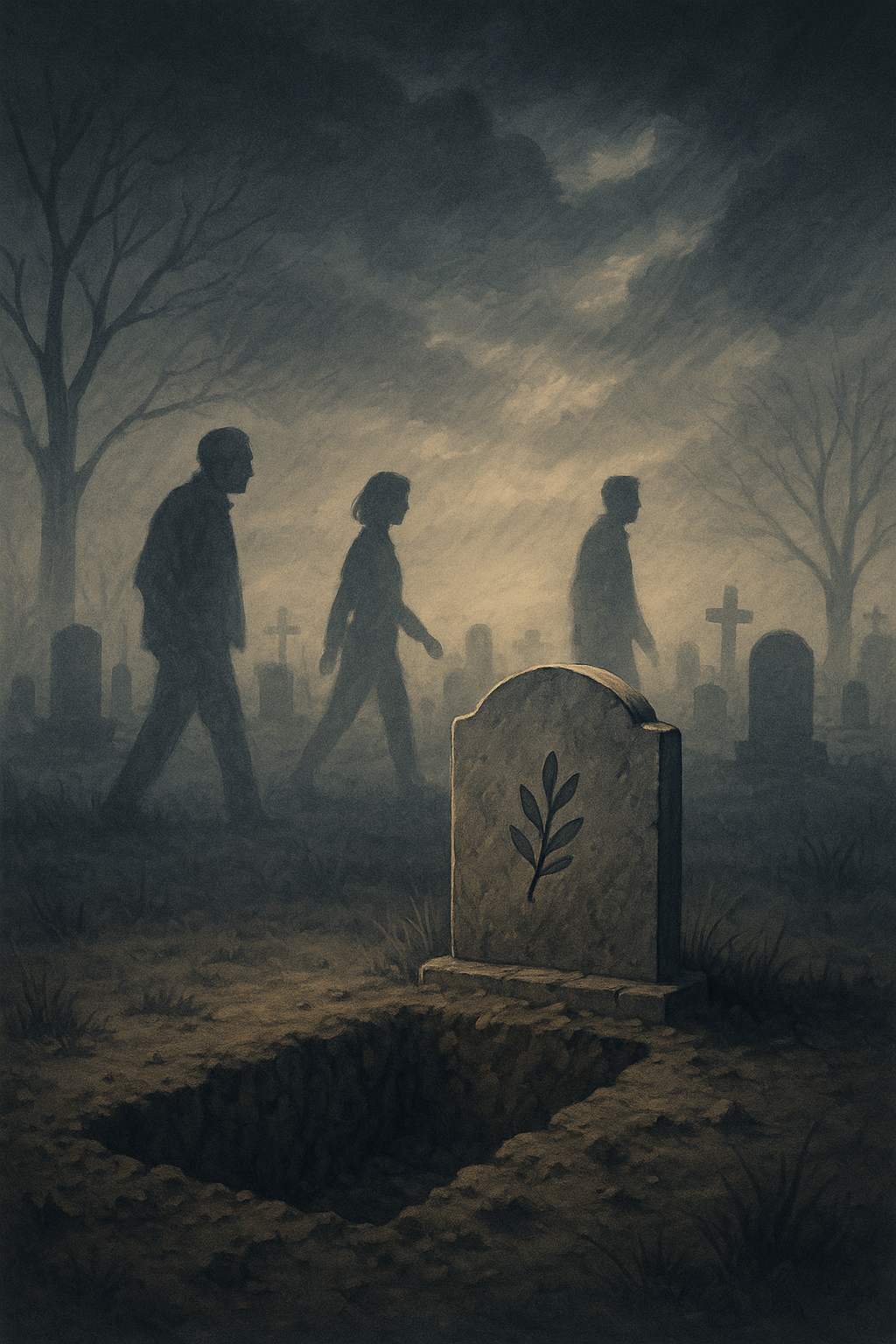
One of the most serious mistakes in interpreting Scripture is the use of eisegesis—reading one’s own beliefs or expectations into a text—rather than exegesis, which seeks to draw out the original meaning intended by the author. Nowhere is this more evident than in the misuse of Isaiah 57:1 by some who seek to support the idea of a Pre-Tribulation Rapture. While this verse speaks of the righteous being “taken away from calamity,” a closer look at the context, vocabulary, and literary structure makes clear that this has nothing to do with a supernatural escape from tribulation and everything to do with death and coming judgment.
The Verse in Question
Isaiah 57:1 states:
“The righteous man perishes, and no one lays it to heart; devout men are taken away, while no one understands. For the righteous man is taken away from calamity” (ESV).
On the surface, this might seem to suggest divine removal from future trouble, which some equate with the Rapture. However, the verse itself—when read carefully—does not speak of glorification or transformation, but rather of death. It is not a message of escape but a lament that the passing of the righteous is met with indifference from a spiritually blind people.
The Context of Isaiah 57
Isaiah 57 opens with a contrast between the fate of the righteous and the corruption of the nation. The people are so morally and spiritually decayed that they do not even notice when the faithful die. This isn’t prophecy about a future gathering of the saints into heaven—it’s a condemnation of Judah’s callousness. The surrounding chapters deal with idolatry, injustice, and judgment on the nation, not eschatological rescue.
Verse 2 makes the meaning unmistakable:
“He enters into peace; they rest in their beds who walk in their uprightness.”
This is a poetic description of death and burial. The righteous are being spared the horror that is coming—but they are spared through death, not rapture.
Misreading “Taken Away”
The Hebrew word translated “taken away” (‘asaph) does not imply being swept up to heaven. It is commonly used to describe someone being gathered in death. For example, Abraham is gathered to his people (Genesis 25:8), and the same terminology is used throughout the Hebrew Bible to refer to a peaceful death before judgment or disaster. There is no support for interpreting this as referring to a living transformation or removal from earth.
Old Testament Parallels
This pattern is not unique to Isaiah. In 2 Kings 22:20, Josiah is told that he will die in peace and not see the disaster coming on Judah. In Micah 7:2, the prophet laments that the godly have perished from the land. In both cases, the death of the righteous is portrayed as a merciful removal from judgment, not an eschatological event. Isaiah 57:1 fits squarely in this prophetic tradition.
Why the Rapture View Fails
Those who use Isaiah 57:1 to argue for the Rapture are reading a later theological idea back into a text that has nothing to do with it. This is classic eisegesis—superimposing one’s own framework onto a passage instead of drawing meaning from the passage itself. Isaiah is not making a prediction about end-times chronology. He is grieving over a nation that does not recognize the significance of the loss of its righteous people, even as judgment approaches.
The Real Message of Isaiah 57:1
This verse should not be used to comfort believers with a false promise of escape from trials. Instead, it should awaken us to the value of righteousness in a corrupt generation and remind us that even death can be an act of mercy from God. Isaiah is mourning a culture that is so blind it doesn’t recognize that the righteous are being quietly removed before catastrophe.
Conclusion
Isaiah 57:1 is not a rapture text—it is a rebuke. It warns of a time when no one will stop to consider the spiritual significance of the loss of godly men and women. It speaks not of glorification or removal from the earth but of death that spares the faithful from a world under judgment. The passage offers no evidence for a Pre-Tribulation Rapture, and using it as such distorts both its message and its warning. The only faithful way to handle this verse is to let it speak for itself—and that begins with putting down the lens of eisegesis and picking up the tools of exegesis.
Discussion Questions
- What is the difference between exegesis and eisegesis, and how does Isaiah 57:1 serve as an example of misinterpretation through eisegesis?
- How does the context of Isaiah 57—particularly the surrounding verses—clarify the meaning of “taken away from calamity”?
- In what ways does the use of the Hebrew word ’asaph (gathered/taken) support the idea that Isaiah 57:1 refers to death rather than the Rapture?
- Why is it important to consider the prophetic tradition of the Old Testament (e.g., the deaths of Josiah and other righteous figures) when interpreting this verse?
- How can misusing verses like Isaiah 57:1 to support a Pre-Tribulation Rapture affect a believer’s understanding of suffering, death, and God’s justice?






